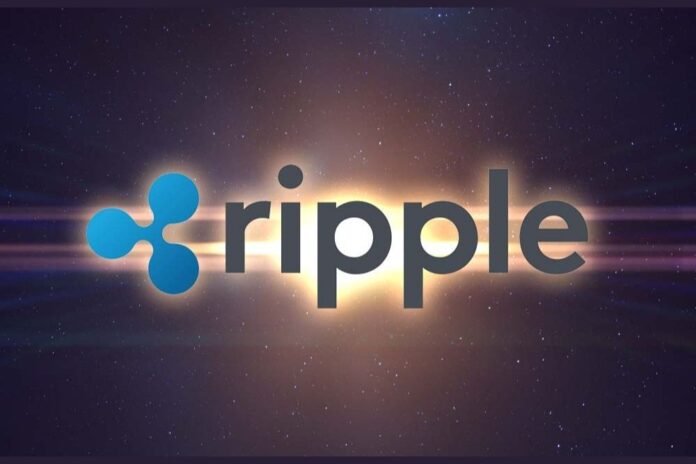A tweet from Vandell, the co-founder of Black Swan Capitalist, brought renewed attention to the origins of Ripple, emphasizing Ryan Fugger’s foundational role in the project. Vandell’s post stated, “Ryan Fugger Founded Ripple in 2004. Bitcoin was revealed in 2009. Years later.”
Ryan Fugger Founded Ripple in 2004.
Bitcoin was revealed in 2009.
Years later. pic.twitter.com/knJxYbCmGg
— Vandell | Black Swan Capitalist (@vandell33) March 31, 2025
The statement drew a response from an X user, Crypto Piggie, who questioned whether this meant Ripple was not an American creation. In response, a brief history of Ripple’s development was provided, tracing its beginnings in Canada and its later evolution under new leadership.
Ryan Fugger’s Vision and the Early Days of Ripple
Ryan Fugger started the Ripple project in 2004 as RipplePay, a system designed to facilitate secure and decentralized financial transactions. His goal was to create a peer-to-peer credit network that allowed users to issue and exchange credit without reliance on traditional banking institutions. Fugger, a web and decentralized systems developer, worked on this project, focusing on financial inclusivity and alternative payment solutions.
The company originated in Vancouver, Canada, positioning it outside the jurisdiction of major American financial institutions. Fugger, however, eventually stepped away from the project, choosing not to develop it further himself.
We are on twitter, follow us to connect with us :- @TimesTabloid1
— TimesTabloid (@TimesTabloid1) July 15, 2023
Transition to OpenCoin and the Digital Currency Era
In 2012, Fugger transferred the project to a group of developers, including Jed McCaleb, Arthur Britto, and David Schwartz. Under their leadership, the company shifted its focus from a credit-based payment network to a blockchain-inspired financial protocol. This transition marked the beginning of Ripple, with the new team establishing OpenCoin as the entity overseeing its development.
McCaleb, previously known for founding the failed Mt. Gox cryptocurrency exchange, played a key role in this transition but departed in 2013. After leaving, he created a competing project, Stellar, which was based on a similar concept but with different technical implementations.
The Rebranding and Evolution of Ripple
In 2013, OpenCoin was rebranded as Ripple Labs. Two years later, the name was shortened to Ripple, aligning the company’s branding with its focus on financial technology solutions for cross-border payments. The company continued developing its technology, securing partnerships with financial institutions and central banks.
Vandell’s tweet and the subsequent discussion reiterated that the origins of Ripple date back to 2004, several years before Bitcoin’s introduction in 2009. While the modern version of Ripple significantly differs from Fugger’s original vision, his early work laid the foundation for what later became a major player in digital payments.
Follow us on X, Facebook, Telegram, and Google News



